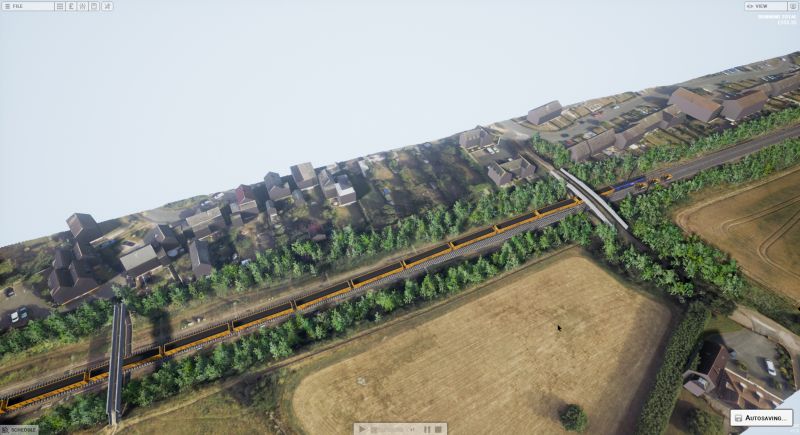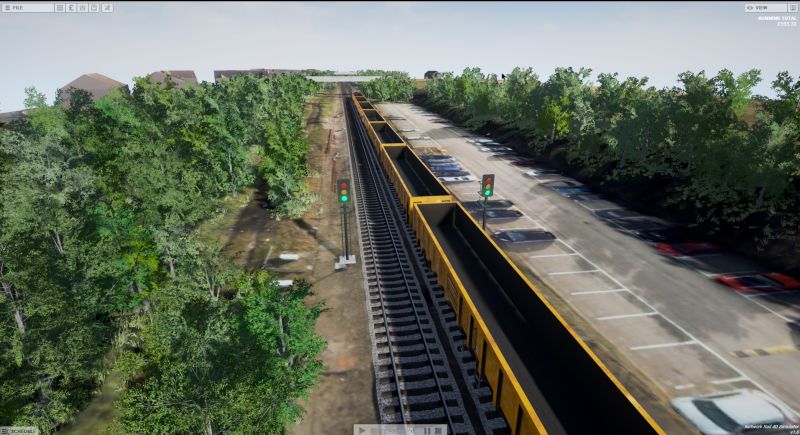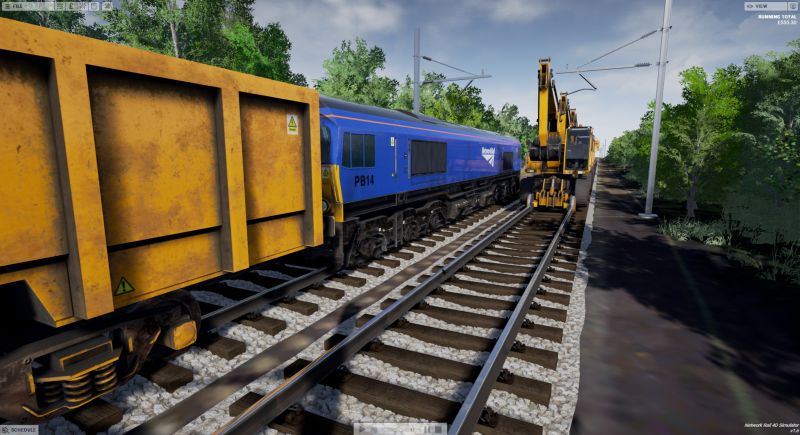Network Rail: Transforming track renewal
The problem
Network Rail own and operate the railway infrastructure in England, Wales and Scotland on behalf of the nation. They work round-the-clock to provide a safe, reliable experience for the millions of people who use the network every day.
As track ages, it needs to be replaced. Planning and executing track renewal is a business critical part of Network Rail’s operation. The planning itself generates a large amount of work and, once underway, any errors can be costly not only in terms of staff and plant time wasted but also because the train operators are contractually entitled to financial compensation for any delays to their services caused by Network Rail.
Our solution
Working closely with Network Rail’s engineering teams we developed a track renewal planning and simulation tool that is now proven to save time and money.
It works across three modules each with its own specific functionality.
1. Model
The software makes it easy to build 3D site models using a wide range of data sources, including BIM models of OLE, P-Way & Signalling. The module allows the positioning of laser scanned track data onto a 3D GIS terrain, allowing users to make accurate measurements. It includes accurate computer models of commonly used plant and equipment allowing the user to visualise proposed engineering works.
2. Plan
Using a library of activities, the software enables users to define resources and construct a Time and Distance plan showing task interdependencies. Users can make on going changes and produce multiple variants of the plan. A costing function provides an accurate view of the financial cost of the work. The plan can be viewed simultaneously in its Time and Distance bar-chart form, on a track schematic and in the simulation window.
3. Simulate
The simulation automatically updates as you plan, letting users visualise the works in lifelike 3D, from any camera perspective, magnification and at any speed. Unlike the conventional approach to computer modelling, the planning and simulation aspects of the software work together, so that outcomes of the planning are represented immediately in the simulation. This saves time because engineers and planners are not reliant on computer-modelling specialists to see the implications of changes and updates to their plans.


